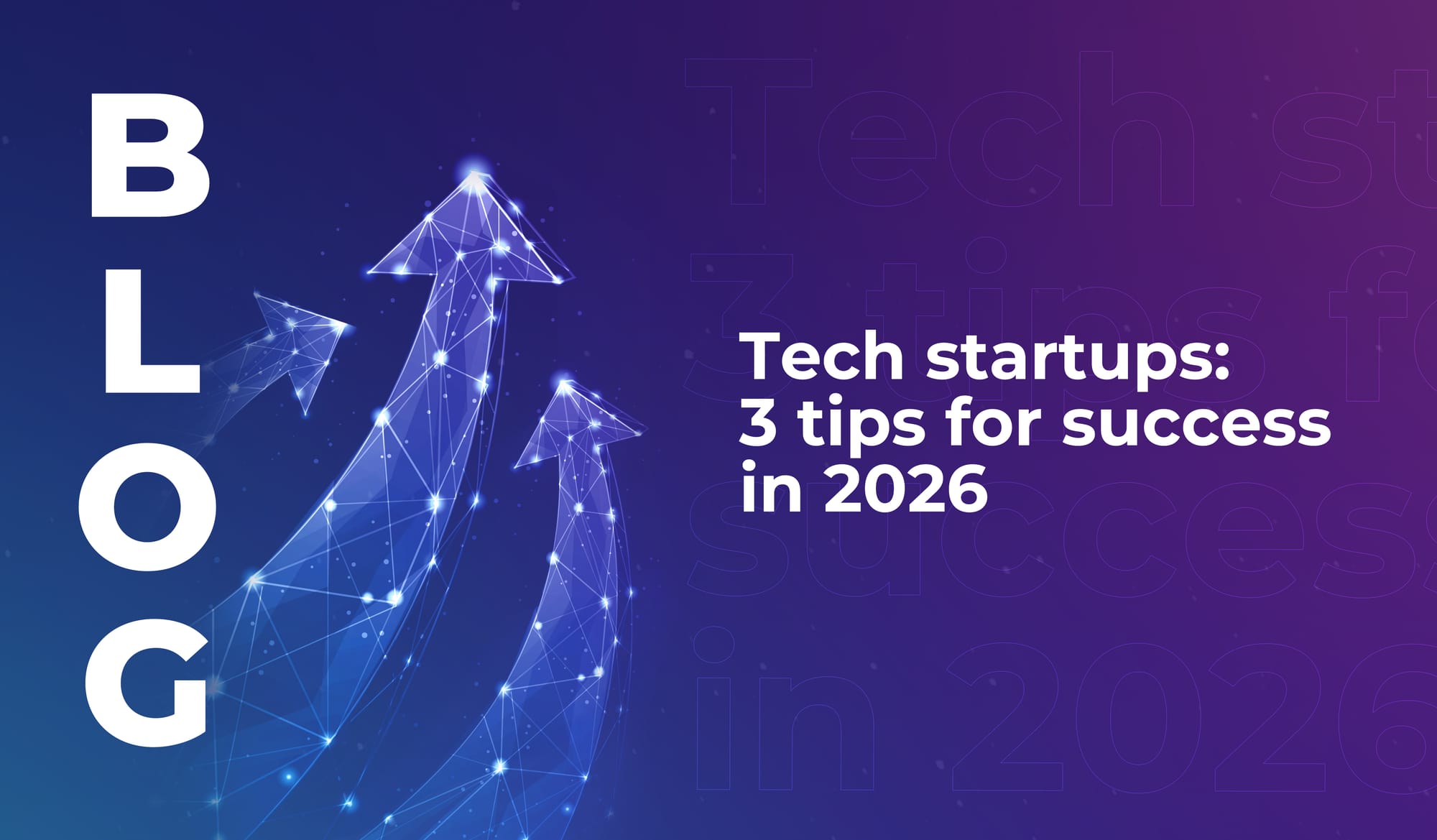
From pilots to scale: why GTM execution wins in 2026
Why 2026 is the year startups have to move beyond pilots. New research shows go-to-market execution, not demos, is the real growth advantage.


When you're building a startup, the first 10 hires can make (or break) everything. They're not just employees. They’re co-builders, culture shapers, and, hopefully, the kind of people you’d trust to take your idea and run with it while you sleep. Which is…quite a lot of pressure, really.
Hiring at this stage isn’t about ticking boxes or playing it safe. It’s about building the kind of team that can handle chaos, pivot quickly, and still laugh in the middle of a product launch disaster.
So how do you get it right? We’ve pulled together lessons from founders who’ve done it – so you can learn from their best and worst decisions.
Skills matter. But in a startup, attitude matters more.
Early-stage employees won’t be joining a well-oiled machine – they’ll be helping build it from scratch. You need people who are scrappy, flexible, and comfortable with uncertainty.
Successful founders hire people who can solve problems, not just follow the instructions they’ve been given. Your team members need to be able to think outside the box and handle uncertainty – but still deliver results.
Look for evidence of grit, initiative, and a desire to grow. If someone’s been stuck in corporate bureaucracy for a decade, they might struggle when things get messy (and things will get messy).
Yes, ‘company culture’ can sound like startup fluff. But it’s not just ping-pong tables and Slack emojis. It’s how your team makes decisions, handles stress, and supports each other.
And if you don’t define it, your first hires will define it for you – whether you like it or not.
You don’t want culture to be something that happens when you, the founder, aren’t in the room; you want to be an active director of your startup’s culture. If nothing else, you want to build a business you love working in, right?
So make sure your values are clear from day one. Write them down. Talk about them in interviews. Hire people who align with those values, not just your measurable objectives.
It’s natural to gravitate toward people who think and act like you. But a startup full of people just like you won’t innovate – it’ll echo.
Diverse perspectives lead to better decisions. That includes diversity of thought, background, personality, and working style. You want to work with people who disagree with you sometimes.
In author talks for his 2020 book The Client-Centered Law Firm, Jack Newton (CEO at Clio) shared that one of his early mistakes was hiring people he’d enjoy having a beer with, rather than those who challenged his thinking.
So, yes – hire people you like. But also hire people who bring something you don’t. That tension is where growth happens.
It’s tempting. You’re juggling product, sales, support, admin, and still trying to sleep now and then. So you hire the first half-decent candidate because, well…they’re available.
Resist that urge.
A rushed hire might give you short-term relief, but they’ll cost you long-term. If they’re not the right fit, you’ll spend more time managing them than actually getting things done.
Take your time. Write clear job descriptions. Ask for referrals, and interview with intent.
As Wiktor Schmidt (Executive Chairman at Netguru) told us:
“Building and scaling a business is tough, and not in a glamorous ‘Forbes cover story’ way. Focus less on bulletproof processes and more on establishing the right habits and incentives for the team.”
“Thankfully, scaling becomes considerably more manageable when you're surrounded by incredibly talented individuals.”
So wait to find those talented people, and build good processes that allow them to shine.
Early-stage startup salaries often can’t compete with big tech. But you can offer meaning, ownership, and growth.
Be transparent about where the company is headed. Show how early hires will shape the product, the brand, and the business.
Consider equity as part of the compensation, but don’t just throw shares at people – explain what they mean. Make them feel like co-owners, not just employees.
And remember: people join startups because they want to build something real. Cultivate that.
Yes, it’s worth waiting for the right people – but there’s no such thing as a perfect hire. You’ll be waiting years for the candidate who ticks every box.
Instead, look for potential. Someone who learns fast, takes feedback, and isn’t afraid to fail and try again.
Oscar Barranco Liébana (Integrated Operations Platform Director, FIFA World Cup Qatar 2022) said this when we asked him how he facilitates large-scale innovation:
“The optimisation of global collective intelligence…produces high-quality innovation.”
That starts by bringing in curious, collaborative people who believe in your mission.
If you’re unsure about a candidate, you can offer a short-term contract or freelance arrangement. It gives you both a chance to test the waters before committing.
Just make sure expectations are clear from the start. And treat them like part of the team – don’t make them feel disposable.
Early hiring is personal. These aren’t just CVs – they’re future co-founders, culture-setters, and partners in the trenches.
Ditch robotic interview scripts. Have real conversations. Be honest about the chaos, the uncertainty, and the stakes.
Because the right people will say: "That sounds hard. Let’s do it."
Your first 10 hires will be important to your startup’s future. They’re not just building or selling your product; they’re building your company with you.
And truthfully, you’ll get some hires wrong. That’s inevitable. But you’ll learn more about what does and doesn’t work every time that happens; and if you hire with intention and a clear sense of where you’re headed, you’ll attract the kind of people who can help you get there.
Looking for your first 10? Join us at LEAP 2026 to network with the tech industry’s brightest talent. We can’t wait to see you there.

Why 2026 is the year startups have to move beyond pilots. New research shows go-to-market execution, not demos, is the real growth advantage.

Three practical, expert lessons on why startups fail – and how business models, regulation and adoption unlock real tech value.

After years of acceleration, tech is entering a more selective phase. In 2026, progress won’t be measured by how much you do – but by how clearly you choose.

Why 2026 is the year startups have to move beyond pilots. New research shows go-to-market execution, not demos, is the real growth advantage.

Three practical, expert lessons on why startups fail – and how business models, regulation and adoption unlock real tech value.

After years of acceleration, tech is entering a more selective phase. In 2026, progress won’t be measured by how much you do – but by how clearly you choose.